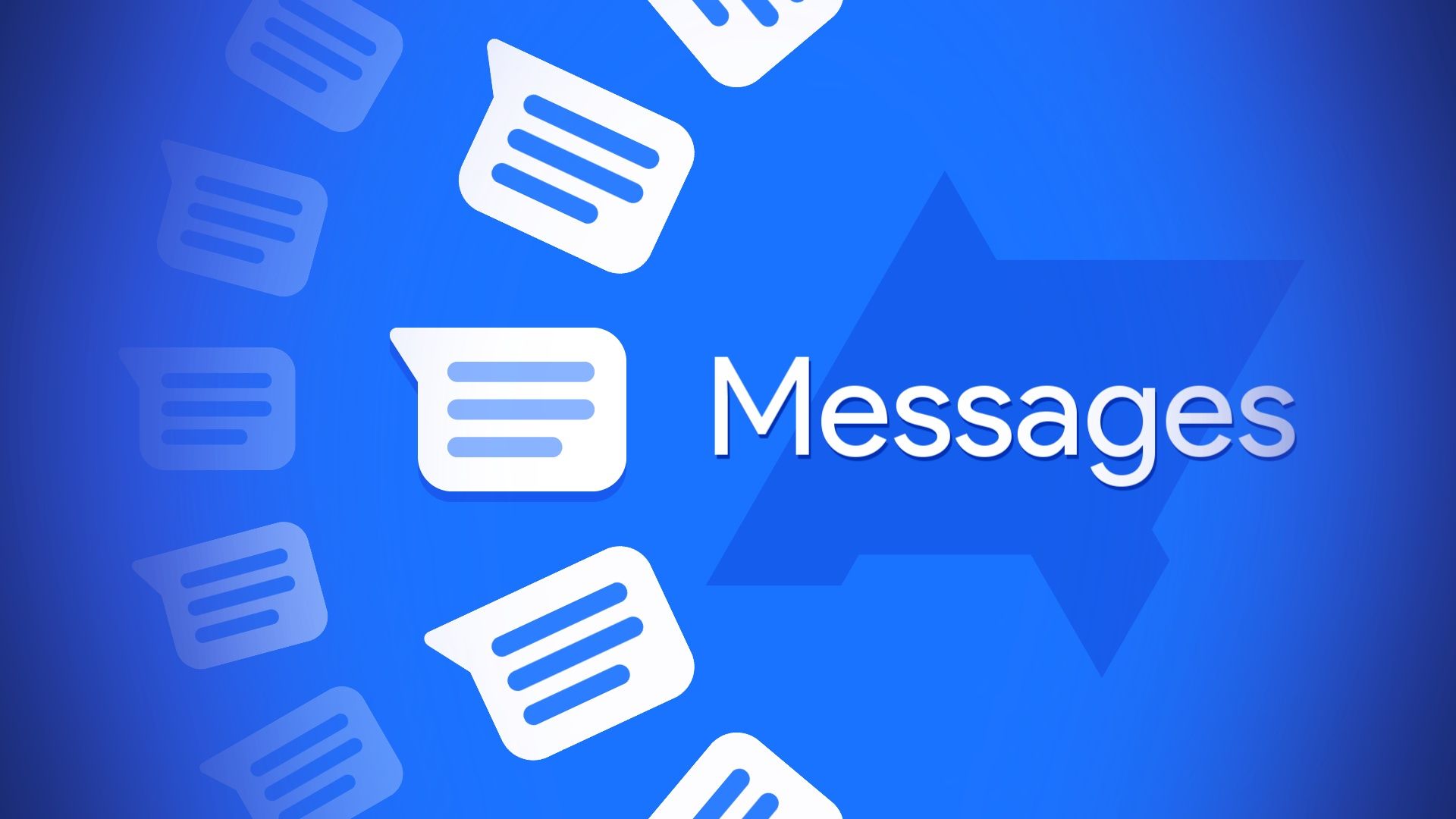Google Messages tests letting you react to texts sent from iPhones
Google has been pestering Apple to adopt RCS for iMessage to offer a better messaging experience to both Android and iPhone users. But then, the Cupertino giant has no incentive to make iMessage work better with Android—the service acts as an ecosystem lock-in for Apple. With no support from the iPhone maker, Google has been working on fixing some common texting annoyances between iPhone and Android. In February, Google Messages was updated to support iPhone reactions—the company was literally translating iMessage reactions to something recognizable on Android to achieve this. And now, Google is testing allowing Android users to send reactions to texts from iPhone users.
A Reddit user noticed that he can now send reactions to texts from iPhone users in Google Messages. The original sender of the text using an iPhone will then get a message in the following format: (emoji) to “(message).” The latter could become an annoyance for iPhone users, though. Google is seemingly rolling out this feature as a server-side push, and it may not show up on your device even if you are on the latest Google Messages beta. If you frequently text an iPhone user, you can try your luck and see if you can react to their texts in Google Messages.
So far, Android users have only been able to react to texts sent from another Android device. They were limited to seeing reactions sent from an iPhone—there was no way to react to any messages.
If you use WhatsApp, Telegram, or any other messaging service, being able to react to messages might not seem like a big deal. But that’s because these apps are platform-agnostic and deliver the same experience whether you use Android or iPhone. That’s not the case when you send regular texts from one platform to another. Google has been trying to get Apple to adopt RCS for iMessage as a fallback to deliver a consistent messaging experience across both OSes. But Apple has been unwilling to open up iMessage as the proprietary platform helps lock in customers to its products.





